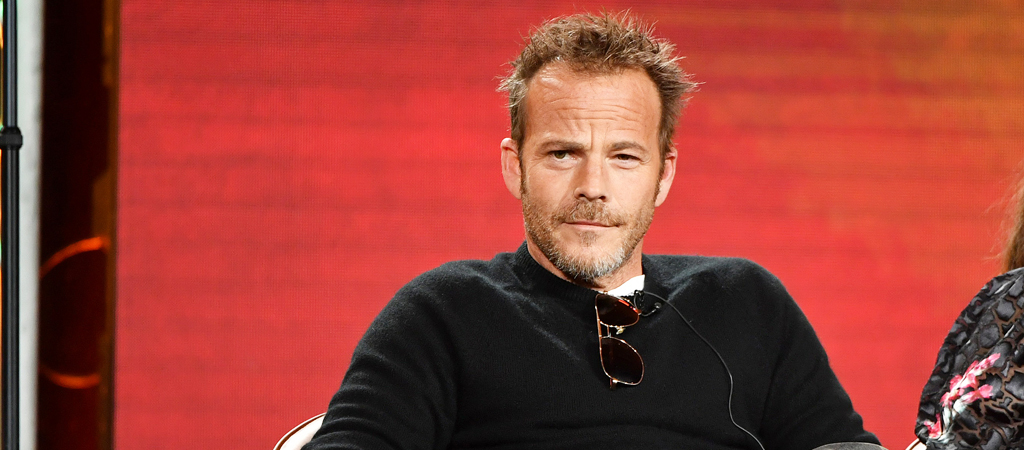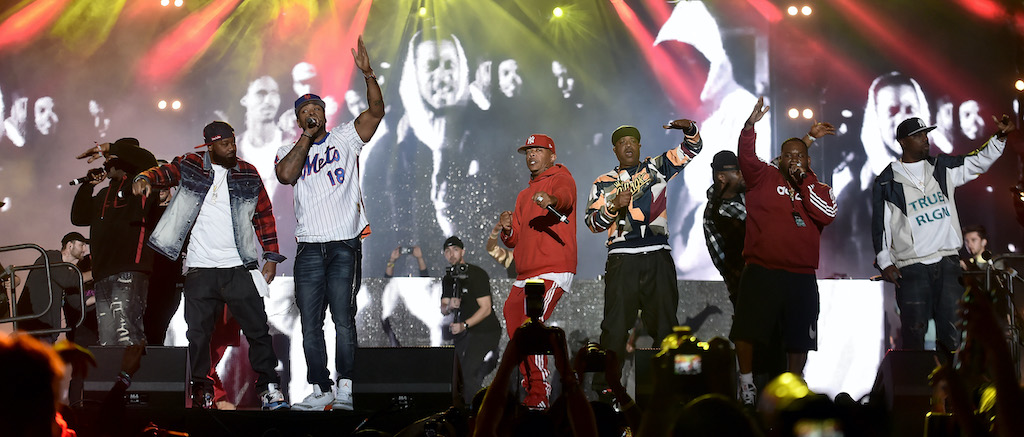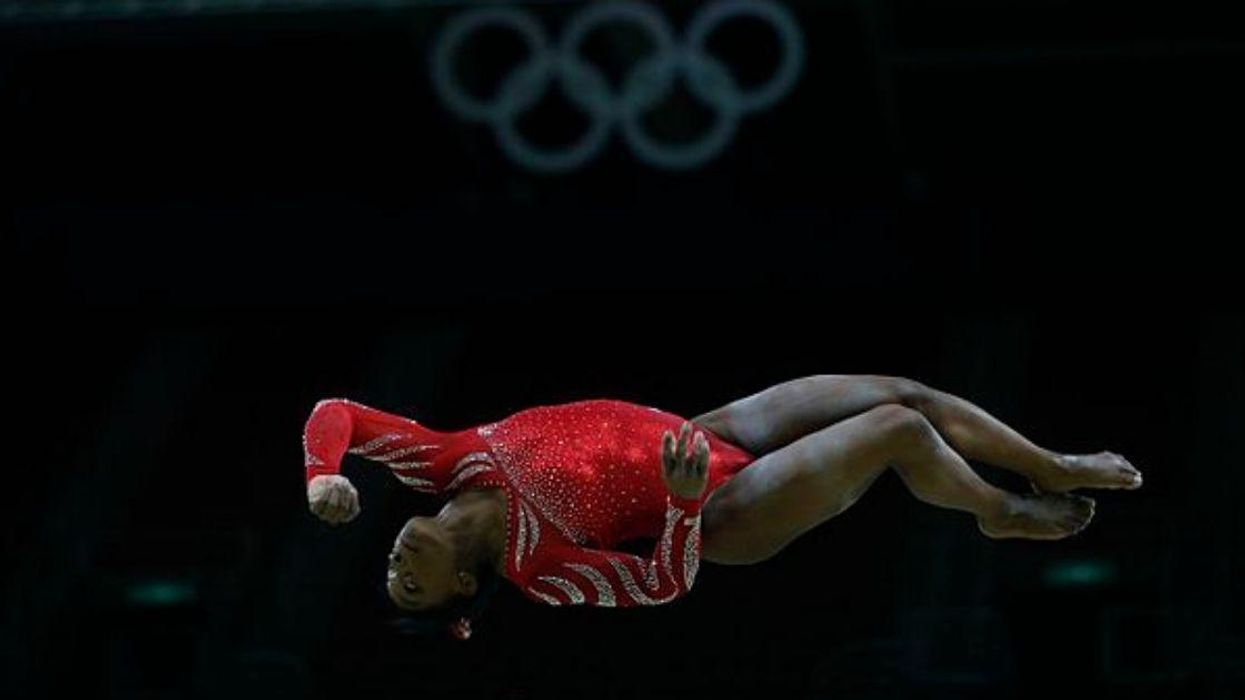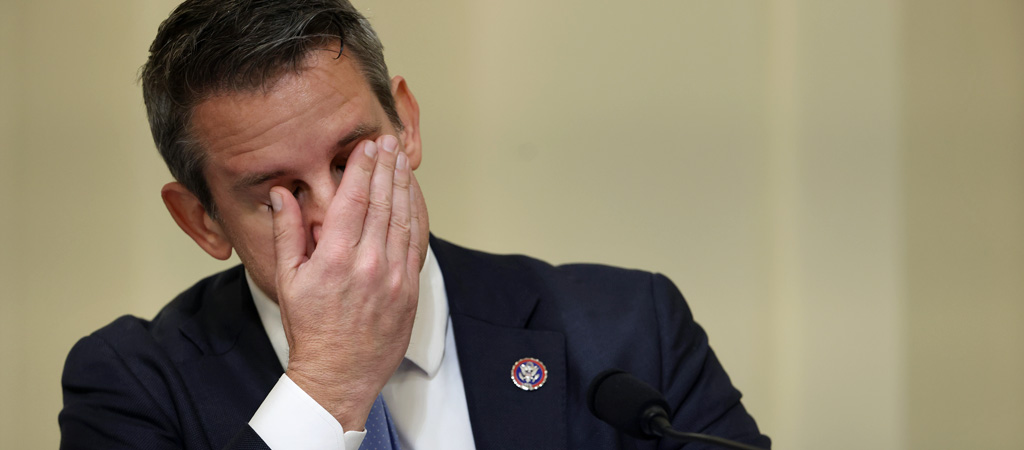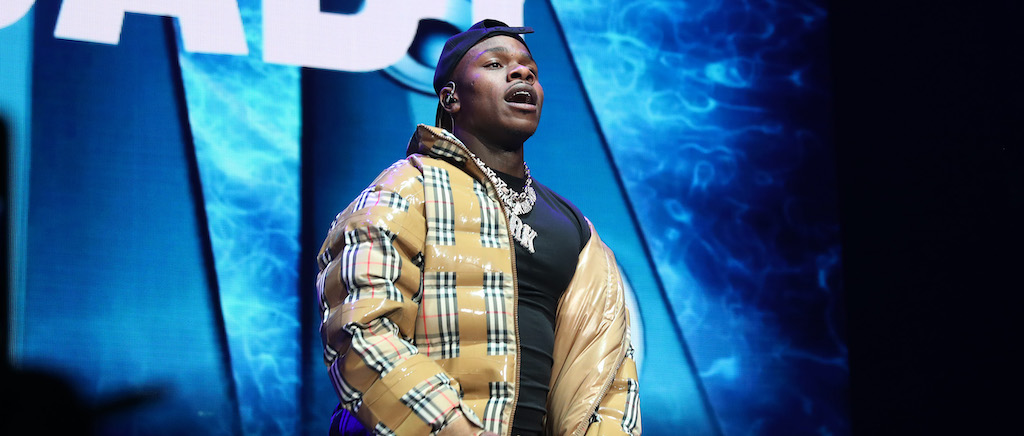To meet players where they were — homebound, with extra time on their hands — was admittedly easier in a pandemic. To create a sense of community that would instill feelings of confidence and pride to carry over into real life success, and in some cases not be revisited again for years, was more difficult.
In some capacity, that challenge has been at the heart of the NBA’s Crossover Into Business program with Harvard since its inception in 2017. Before Covid ground travel and made gathering together untenable, getting 20 professional athletes in a room together, all of them at different points on their own career trajectories, from different leagues and on separate schedules, could be tough enough. But spend any time talking to the champions of the program, like its creator, professor Anita Elberse at Harvard Business School (HBS), VP of Player Development at the NBA, Jamila Wideman, or the NBA players who count themselves as alumni, and you’ll quickly understand that challenges, distilled down into what they can bring out in people, are the program’s inspiration, learning vehicles, and its surprisingly sunny raison d’etre.
It started with a phone call. Well, before the call, it started with Dwyane Wade and Jerry Stackhouse. The two were enrolled, with about 48 other people, in another of Elberse’s Executive Eduction classes at HBS, ‘The Business of Entertainment, Media and Sports’. The 4-day class was comprised of executives as well as participants from the the talent side — actors, athletes and musicians — its curriculum a mixture of case studies focused on the wholly unique intersection of expertise Elberse has honed using her background in empirical modelling and a keen interest in entertainment, on subjects ranging from Beyonce to FC Barcelona.
The following year, Pau Gasol and Chris Paul (alongside classmates LL Cool J and Channing Tatum) followed suit. After that, Elberse began to field “many, many more requests from players” to the point where the league soon called her to ask, “’What are you guys doing over there at Harvard?’ So I said, why don’t you come and look, and then you’ll see.”
Elberse, who began teaching at Harvard in 2003 and earned tenure eight years later — just the 19th, and one of the youngest, women to ever do so — grew up in the Netherlands, and had considered a career in soccer prior to delving into her own particular kind of academia. Over the phone, she speaks with a cool and open-ended curiosity, recalling a process almost half a dozen years ago with the same bright enthusiasm as if it were just now happening. Her energy, when talking about her programs and the successes participants have found in them, is infectious, and it isn’t difficult to picture high-performing athletes hanging on her words in the classroom.
It was the NBA’s former VP of Player Development, Katie Skidmore, who turned up on campus to sit in on a class. She and Elberse came to the quick realization that the program, while ideal for a handful of players, would’ve been “impossible if you have a group of 80 executives in the room” and added 15 players, the dynamics wouldn’t feel right.
“It’s quite something to have to hold your own in a room with accomplished executives,” Elberse says, “Not every player might be ready for that. So that’s when we said, well, what can we do?”
Using the framework from the Business of Entertainment program, Elberse and the NBA’s Player Development team began to brainstorm a model for basketball players. Set days and times for class meetings, even remotely, would be impossible for most players, so flexibility would be crucial to work around practice and game schedule. So would making the program as “low barrier” as possible.
“When we build programs, and certainly in building with Harvard, we try to identify what the obstacles to participation might be,” Wideman, who started in her role with the NBA in 2018, says, “What are those things that might stand in the way of a player raising their hands?”
The intensive Wade attended has an admission fee of $10k, a price not necessarily prohibitive for him, the other established athletes, A-list entertainers or top-level executives who attend, but steep for a young player just starting out. Making the new program free, including the league covering travel costs to and from campus, so a player at any stage of their career could attend was imperative. For Harvard, Elberse had to be savvy with resources for what was, then, essentially an experiment.
“I didn’t actually tell anyone at HBS that we were doing this because I thought, if I have to explain that I’m offering a free program just for basketball players, no one is going to understand,” Elberse says matter-of-factly, “So I’ll just do it, and then let’s see whether it works or not.”
A kind of hybrid mentorship program was devised. Harvard students would do the teaching, volunteering their time and be matched to athletes in a draft process where players pick mentors based on how each business student’s expertise aligns with their own areas of interest (“The athletes love it. Unless they have a really low number in the draft, and then they’re disappointed,” Elberse laughs). The curriculum would be entirely flexible. If a player is only interested in real-estate, for example, then they would spend their entire semester studying real-estate cases.
“In the beginning, I thought the bottleneck is going to be the students,” Elberse admits, “How many students are volunteering to want to do this? Because the students are not getting anything for it either. They’re not getting credit, they’re just doing it on top of their very busy lives already. And then I thought, well, at some point we’re going to be running into problems with the athletes because how many athletes will want to do this?”
The pilot Crossover Into Business program ran in Fall 2017 and counted ten NBA players, including Chris Bosh, Pat Connaughton and Caron Butler, in its first cohort. In Spring 2018, the program was opened up to WNBA players, as well as athletes from the NFL, MLS, NWSL, UFC and more, and has since seen more than 250 pro athletes complete the course, offered in both the fall and spring semesters.
That growth has been completely organic. The NBA’s Player Development group prides itself on programming that, Wideman tells me, “begins all the way back at draft combine, goes through [the] Draft, Summer League” and into the league’s Rookie Transition Program, all of it focused on getting to know players and what their interests are. In that way, Wideman and her team can “reach back” throughout a guy’s career to recommend programs, like Crossover at HBS. But, Wideman notes, “there’s nothing that is as compelling to the guys as their voices are to each other”, and it’s been word of mouth that’s grown the program within the league and at Harvard, where Elberse has students “signing up in droves”.
“The fact that this program treats players as students really connects up with our notion and our belief that the players that we work with have the capacity to learn, and that they are, fundamentally, really good learners,” Wideman says, adding, “The way in which we were able to structure the program allowed us to meet players where they are. And by that, I mean there was a format that made it possible for current players to participate in the program, with some sort of a hybrid mix of remote work, but also some in-person opportunity, which meant that it was in fact possible for a player in the middle of their career to be pursuing and learning something really different at the same time.”
When Duncan Robinson signed up for the Crossover program in 2018 it was on the recommendation of his friend and program alumni, Connaughton. Robinson, who would become a crucial catalyst for the Heat’s Finals run the following season, was in his rookie year and unsure on what the future held.
“Truthfully, I’ll speak candidly,” Robinson says over the phone, “It was mostly that at that point, I was far from a solidified NBA player. I was just trying to squeeze all the resources that I could get in knowing that I didn’t know how long those opportunities would be around.”
Mentally, Robinson was reconciling the expectations a new NBA player has with the reality of a career not entirely in his own control, while also realizing that he was “right on what I felt would be the precipice of me stepping into more opportunity on the court”, including the potential business opportunities, like endorsement deals and brand partnerships, that come with it.
“I felt that just continuing to educate myself and grow my business acumen in a setting such as that was going to be really beneficial. Just the different case studies, as a lot of them pertain to athletes. I remember doing ones on Dwyane Wade and LeBron James, who are obviously a whole different level of star power than what I am,” Robinson chuckles, “But nonetheless, it just gave me some additional insight into those kinds of decisions and the decision-making process.”
Beyond building acuity for business ventures tied to a person’s current playing career, the Crossover program wants players to start looking ahead to what comes when they step off the court for good, as far off as that future might feel. The average NBA career, even with athletes focusing on continually improving physical and lifestyle practices to extend it, is 4.5 years, a fleetingly short window where a player’s focus can never slip from the game and the continual improvement it demands in hopes of success. It’s a tradeoff that doesn’t allow for much time spent looking in any direction but the immediate future, and something Wideman uses to focus the work she does with players.
“I think because my professional opportunity was, to some degree, unexpected in the sense that the WNBA did not exist at the time that I entered college, I always had in the back of my head and had been planning for what my life after the game was going to look like,” she says, “I’ve always appreciated that I had the chance to explore other aspects of myself, other passions, and imagine from pretty early on how those might take shape in terms of other careers.”
After three seasons in the WNBA and one spent playing overseas, Wideman earned a J.D. from NYU’s School of Law and continued on the theme of activism work she’d taken up in college. She worked for the Equal Justice Initiative in Montgomery, Alabama, litigating on behalf of those facing death sentences, before becoming a staff attorney with the Legal Aid Society in New York City.
“When I look back and think about my career, I can say that I feel a tremendous sense of gratitude,” Wideman says, “the capacity to bring my other passions and interests both into my basketball career while I was playing to explore them and be able to do so to such a degree, that there was a pretty clear path for me when I was done has certainly informed my work alongside my colleagues in the NBA player development group to try to create that possibility for players now.”
Wideman mentions Steph Curry and Kevin Durant as examples of players who have led in expanding their brands across multiple levels of business, noting how “it’s almost become part of the rite of passage” for NBA players to expand not just into traditional endorsements, but through partnerships and their own companies, whether in traditional markets like apparel and lifestyle, or emerging sectors such as tech and multimedia. It’s players taking this kind of leadership in their careers while simultaneously folding in their interests, that Wideman and her team recognize as being foundational for life after basketball, and what the Crossover program with HBS helps to hone. The trickledown effect in the league, Wideman says, is just as significant.
“The visibility and the strength of guys being leaders in their own lives means that our rookie classes, our young guys, have a generation ahead of them who are saying, you know, follow your passions, wherever those happen to lie,” Wideman stresses, adding, “And it’s possible to do that, even if you’re in the midst of being one of the best in the world at something already.”
That phenomena of having a foot in two worlds essentially at odds with each other came up repeatedly in conversations with players who had been through the Crossover program. How difficult, or maybe just strange was it, to plan for a place that none of them hoped to be in for years to come?
“You can never start too early,” Kelly Olynyk says, “If you try and start once you’re retired, you’re already behind the eight ball.”
Olynyk was part of the most recent Crossover cohort and had been encouraged to enrol by Robinson, partially because of all the downtime players would be facing at home and in hotels this past season with league health and safety restrictions in place. Our interview, conducted over the phone as soon as Olynyk stepped off of court at one of the Rockets last practices of the season, a kind of microcosm for the short-term vs long-term duality players face — talking about the far-off future while his body still hummed with reps to better his game.
“In terms of business, when you’re playing sports and you’re in this position to know that sports, basketball, your career, [it’s] going to end one day, and then you’re gonna have to transition into the real world. Most likely the business world,” Olynyk says, “You don’t know what you’re going to want to do and like to do, and what you’re passionate about outside of the game, it takes time to develop that and find that, and realize what it is you enjoy.”
Olynyk looks at his experience in Elberse’s class as “laying the foundation early, so that you have something to build on once the time comes”, but what about players who come to the Crossover program later in their careers, or post-career?
“The focus was all about basketball,” Raymond Felton agrees, “Your focus is all about maximizing the time that you have to play. Me, I really didn’t have time on my mind and in my head space to put towards business, put towards what was next, because I was always trying to maximize as many years as I could playing. But I wish I would’ve, after year 10 or 11, I wish I would’ve said you know what, let me start thinking of some other things outside of this.”
“It helps you mentally to have something else ready, to be prepared,” Felton says, “It was rough for me once COVID hit, and then not getting picked up. Just dealing with all that stuff. There not being a season, they were going to the bubble, then coming back the next year and not having a job again, or playing, it was just like, what am I going to do? All I wanted to do, all I still know, is to play basketball.”
Familiar with the program but unsure if it was happening because of the pandemic, Felton’s agency let him know it was moving forward via Zoom. He was immediately on board. “I had so much time on my hands,” Felton recalls, “Thank God I have my kids, and I could just be daddy full-time. But it can be tough.” He joined the same 2020-2021 cohort as Olynyk.
Felton, who has been honest about not making the call to retire until he feels he is no longer physically conditioned enough to play, viewed at the HBS program as a way to condition his mind for the next step, when it came. His main hope was to come away with a better perspective for business, to gain a more confident outlook rather than treat it as a blind spot. He immersed himself completely, researching the mentors he hoped to draft for himself and familiarizing himself with their credentials.
“It was perfect,” he remembers, “to be able to get two people that were on my list to work with was amazing and wonderful. To get the knowledge from them and look at things in a different perspective, and the way they explained things to me, it was like a perfect fit for me.”
The program’s mentorship structure was something that came up often, with players recalling it, and the mentors they worked with and got to know, as their favourite takeaway. Felton credits his mentors, who he refers to fondly by their first names, with giving him a level of comfort and understanding to what may have initially been unfamiliar concepts. Robinson, who says he had less of a specific type of mentor in mind and wanted someone who he would “for lack of a better term, vibe with more than anything”, keeps in touch with one his mentors, who happens to be based in Miami, inviting him to games or getting together.
“I think it’s a beautiful thing because you know, they’re busy, too,” Felton says of Crossover’s student mentors, “They have their lives as well. Some of them got jobs, some of them are in school still, some of them got jobs and are in school,” he puffs out a breath for effect, “So I just want them to know, personally, that we as athletes thank them and value what they’ve done for us as far as their time. I know some of them have been like, whenever you can work with us, let us know and we’ll work with you. And it’s like, I mean, y’all doing us a favor. So we thank you all for your time for what y’all done for us. I want all of them to know that as well.”
That sense of connection and vested interest is something Elberse credited as making the program as fulfilling for students, but it also helps in more quickly familiarizing athletes, who might initially feel out of their element, with the classroom concepts as well as its setting.
Pre-pandemic, each Crossover cohort would visit Harvard’s campus for the program’s kickoff and the infamous mentor draft selection. It’s an experience that helps to match a tangible sense of place to the experience of the class, and forges a sense of connection between Elberse, mentors and participants. Wideman recalled the experience alumni Cam Johnson and Langston Galloway had in going through the program together first as teammates, then having their relationship develop and “live in a different space, off the court, out of the locker room”.
While Elberse made adjustments, teaching extra sessions to build a sense of community, the remote experience, as we can all relate to, wasn’t quite the same.
“The personality, the personal touch, the networking, crossing over in literal terms doesn’t get to happen as much in the virtual world,” Olynyk says of going through the class remotely, “When you’re in a room with people you can talk and express yourself and just get to know somebody in the physical state, it’s a lot different than just over Zoom.”
Elberse admits she felt that same disconnect, but says she’s sending Harvard jerseys to this year’s alumni “just to give them a sense of belonging”. She’s also told them that the moment campus is open to come and visit, sit in on a class, or that the next cohort’s kickoff will be “twice as big”, to give everyone chance for the experience to really sink in, albeit retrospectively.
The sense of fulfilment Felton drew from the program, even remotely, extended to who he saw participating alongside him. He said it “made him smile” to see so many current players (“And some of them were real young”), in his words, “actually doing some of the things that, you know, probably me and some of my peers, some of the guys that I came in with probably wish we would’ve done a whole lot sooner.” He stresses that it’s not so much that young athletes should feel pressure to act on what they’ve learned right away, but to “have the knowledge to be ready and be prepared for when that day comes.”
It’s a sentiment shared by one of the earliest NBA alumni of HBS, Pau Gasol, who agrees players should “prepare while they are active, and not wait until the very end to work on the things and put things in motion for what’s next in their lives,” adding, “And to prepare mentally and psychologically, which is difficult, to understand that their basketball career is going to be over at some point in the future. And sometimes it happens sooner rather than later.”
Gasol completed the program’s predecessor, alongside Paul, and said he used what he learned in his time there to increase and improve the philanthropic work he does, especially through the Gasol Foundation, noting, “It gave me some good knowledge as far as how we can achieve success, and how can we do better — how can we be exceptional in our field?”
He’s followed the evolution of the Crossover course and its impact on the league since.
“I love that NBA players are taking advantage of it, and hopefully more NBA players will do that as well, because it is useful, and it is important to have that desire to get out of your comfort zone and to learn and to put time and effort into what’s next for you,” he says, the chatter of his happily babbling baby and a riot of birds in the background the only indicator that Gasol, fresh from his title with FC Barcelona, is taking some downtime.
“It’ll be hard to do anything like what they’ve been doing,” Gasol says, “It’s going to be humbling. But at the same time they have to utilize the things that made them successful as basketball players and carry those values and those concepts into their next career, into their next chapter and stage.”
And the next chapter for players is already evolving into something entirely different that Gasol, Felton, or other league veterans experienced. The next generation of NBA players are finding new ways to engage with business, whether by building themselves into their own brands or making inroads to different markets and industries like tech, viticulture, new media, art, fashion or novel amalgamations of the same. The younger cohort of players, who speak social media in shorthand and easily crest its algorithms, paired with the incoming wave of college athletes now empowered by the NCAA’s overdue NIL policy, means that the language of business taught in programs like Crossover Into Business, or its future iterations, will be borrowed from them.
Meeting athletes where they are, then, only requires some rudimentary translation, and a shift in perspective.
One of the biggest realizations Elberse has had through the years of doing the program is that what athletes ultimately tap into exists independently of environment, experience or awareness of what might come next for them, whatever stage of career they happen to be at.
“I think what we do is we just give the athletes confidence,” Elberse says simply, “They underestimate how much they already know about business, and how much they know about great leadership, and how much they know about how effective teams function, which are all really, really important aspects of business,” she says, highlighting players understanding what it’s like to play for a great coach or team captain, or to be part of a team that functions well, just as much as they understand the inverse into dysfunction, “But they just have never seen that as business,” she says, “that’s basketball.”
“What we do is just show them that actually, they do know a lot, and it’s not that hard. It’s sometimes just the language that we use as business professionals,” she continues, “but once we actually put them in that situation through a case, they’re very, very good at applying the knowledge that they’ve gained from sports to those situations.”
“It’s sort of the same notion of more than an athlete. You’re an athlete, but you’re actually really, really good, in many of these other things, otherwise, if it’s just your raw talent, you don’t make it to the top. I guess that’s also a humbling experience for us, in that it might not be about what we teach, but it might just be about giving them access to our resources and putting them in these kinds of situations. And then they’re just soaring, almost from the get go.”



